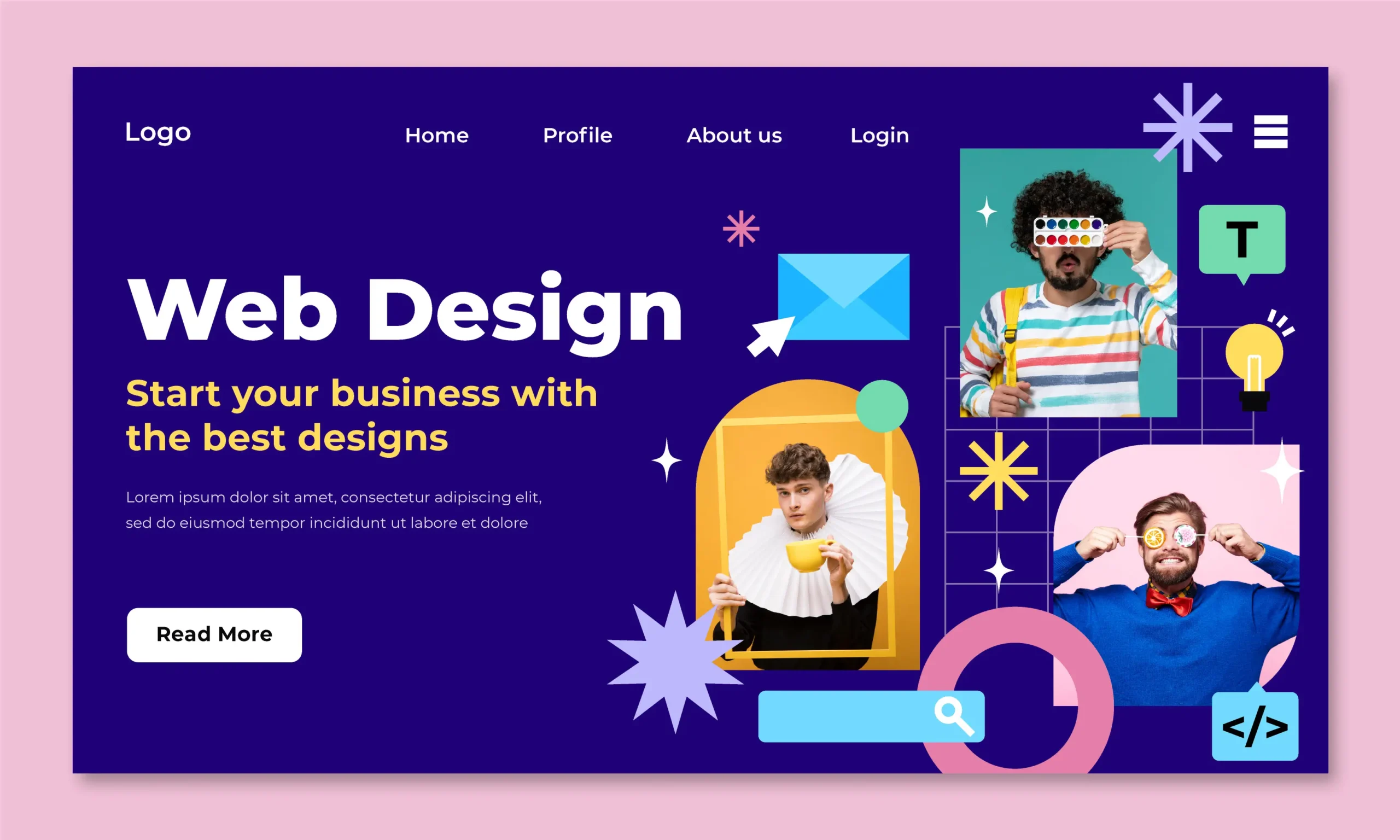
If you’re planning to build a mobile app in 2025, one of the first big questions is:
“Should I develop for iOS or Android?”
Both platforms dominate the global market — but each has unique advantages. The right choice depends on your target audience, budget, and business goals.
Here’s a detailed breakdown of iOS vs Android app development to help you decide which one is right for you
Android: Powers over 70% of global smartphones, especially popular in Asia, Africa, and Latin America.
iOS: Strong in North America, Europe, and high-income markets, preferred by premium users.
If your audience is global, Android might be the better start. If you’re targeting high-spending users, iOS is the winner.
Android: Requires testing across many devices (Samsung, Xiaomi, OnePlus, etc.), which can increase cost.
iOS: Fewer devices to test, making development faster and slightly cheaper.
Android: Takes longer due to device variety and different screen sizes.
iOS: Faster, with a more standardized ecosystem and fewer devices.
iOS: Users are more likely to spend on paid apps and in-app purchases.
Android: Users download more free apps, monetized mostly via ads.
If revenue is your main goal, iOS tends to generate higher returns.
iOS: Known for clean, consistent, and premium design guidelines.
Android: Offers more customization but can vary widely across devices.
Android: Best for startups targeting mass audiences worldwide.
iOS: Best for businesses focused on premium, loyal, high-spending customers.
iOS: Offers stronger app security and faster OS updates.
Android: Updates roll out slower due to device fragmentation, but security has improved significantly.
Choose iOS app development if you:
Choose Android app development if you:
Many businesses in 2025 choose cross-platform app development (like Flutter or React Native), so they don’t have to pick just one.
The iOS vs Android debate has no one-size-fits-all answer. It depends on your business goals, budget, and audience. The smart choice in 2025? Start with the platform that best fits your users — or build a cross-platform app to cover both.
If you’re still unsure, our team offers expert mobile app development services for iOS, Android, and cross-platform solutions.
Contact us today for a free consultation and discover the best option for your business.
iOS apps usually cost slightly less to develop since there are fewer devices to test.
iOS generates more revenue per user through in-app purchases, while Android earns more through ads.
It depends on your target market — Android for global reach, iOS for high-income users.
Not always. Cross-platform frameworks allow you to build one app that works on both.
iOS is considered more secure due to Apple’s strict app store policies and frequent updates.
Android apps usually take longer due to testing across multiple devices.
iOS uses Swift/Objective-C, while Android uses Kotlin/Java.
Android leads globally with 70%+ market share, but iOS dominates in premium regions.
Yes, many businesses launch on iOS first, then expand to Android (or vice versa).
A cross-platform app is often the most cost-effective solution for small businesses in 2025.
![]()

Copyrights © 2008-2026 All Rights Reserved by DipanshuTech Solutions Pvt. Ltd.


Note:This offer is only for international clients.

